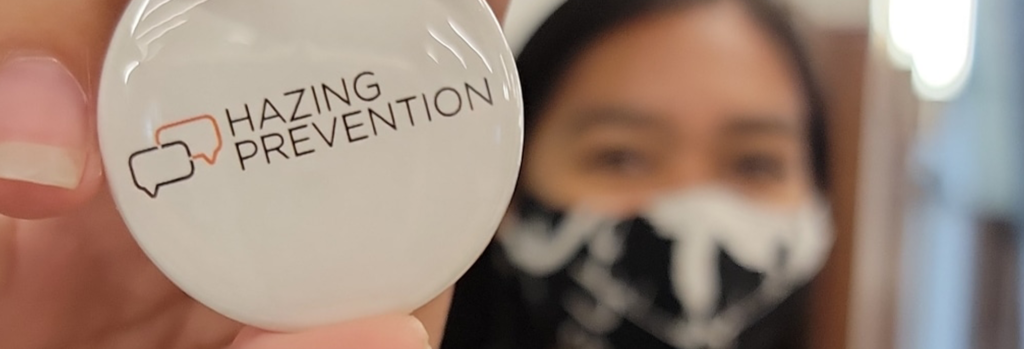The University of Tennessee is committed to ending hazing. To accomplish this goal, it’s important that we work together to identify hazing, act on it, and prevent it.
Are you or someone you know being hazed? Submit a hazing report or contact Student Conduct & Community Standards at 865-974-3171 or studentconduct@utk.edu.
![]()
Identify hazing
“Hazing is any activity expected [or perceived as expected] of someone joining or participating in a group that humiliates, degrades, abuses, or endangers them regardless of a person’s willingness to participate.” (Allan & Madden, 2008) Identifying what types of activities could be hazing and knowing what signs might indicate someone is being hazed is the first step in preventing hazing.
Learn more about identifying hazing
![]()
Act on hazing
If you identify something that might be hazing, it is important to act on it by asking questions, trusting your gut, and responding to the situation. If you believe someone is being hazed, report the behavior in as much detail as possible.
![]()
Prevent hazing
As members of the Volunteer community, we must all work together to end hazing. Understand the rules and plan activities that align with your organization’s values. Request a Hazing Prevention Training to help your organization get started.
Learn more about preventing hazing
- 55% of college students have been hazed.
- 9 out of 10 people don’t realize they are being hazed.
- 95% of those who were aware they were being hazed did not report it.
- 82% of hazing deaths were alcohol related.
- 47% of students have been hazed before coming to college.
- 25% of students have been hazed before age 13.
National data was primarily sourced from the national study Hazing in View: Students at Risk conducted by Elizabeth Allan, Ph.D. and Mary Madden, Ph.D.
